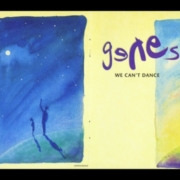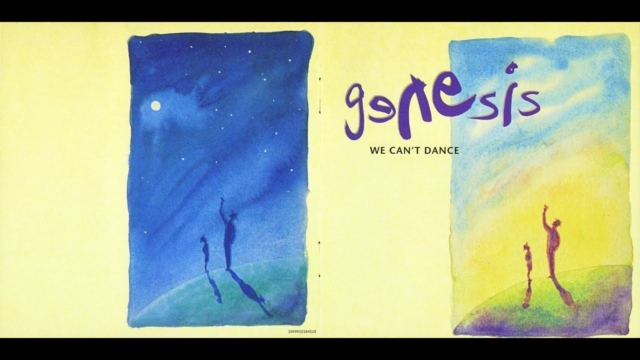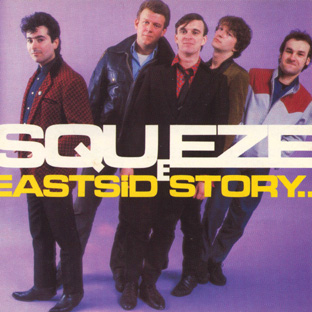Genesis- We Can’t Dance- Mike Rutherford, Tony Banks, Phil Collins
On the eve of their “Last Domino?” tour, their first North American concert tour in more than a decade, Genesis triumvirate Mike Rutherford, Tony Banks, and Phil Collins reconvened here In the Studio for my classic rock interview to reprise the world premiere broadcast which I hosted and produced with them in November 1991 for We Can’t Dance. An extremely deep opus, We Can’t Dance contains “No Son of Mine”,”Jesus He Knows Me”, “I Can’t Dance”, the sleeper “Way of the World”, and two compelling Genesis Progressive Rock sagas,”Driving the Last Spike” and the tortured, guilt-ridden “Dreaming While You Sleep”.
Audio PlayerWith the release of We Can’t Dance in late 1991, ostensibly a double album of very strong songs at a single album price, a debate which had just begun with Invisible Touch a full five years earlier was now threatening to eclipse everything Genesis did, regardless of merit: had Phil Collins’ ten year parallel solo career diverted Genesis from their progressive rock path? During the same period, Genesis keyboard player Tony Banks was the first to release a total of two solo recordings; Mike Rutherford had considerable success with his Mike + the Mechanics, twice as well; and Collins became a superstar, sort of Tom Hanks Everyman, everywhere, every media.
By the time of We Can’t Dance and the Genesis stadium tour in support of it, practically every music writer and reviewer seemed compelled to compare the album to Phil Collins’ solo releases as if their paychecks depended on it. But to me that seemed like a specious contrived debate, pretzel logic, and unfair to both, really. Peter Gabriel released Us less than a year after Genesis We Can’t Dance, yet not a single reviewer in any English speaking country I could find compared a single note of Gabriel’s Us to anything in his time in Genesis, a band for which he co-wrote, sang, and fronted for seven albums. So I contend that the responsibility to manage the banquet of output from the considerable talent residing in the Genesis roster, then as now, falls to the programmers of radio, MTV, VH-1, Sirius XM, plus newspaper, magazine, and online editors. If there’s a perception problem of over-saturation, it’s because many of those powerful gatekeepers appropriated the music and audience popularity for their own self-interests, as they did to Elton John and Rod Stewart in the ’70s, Sting, Bon Jovi and Bryan Adams in the Eighties, and U2 in the Nineties. –Redbeard











